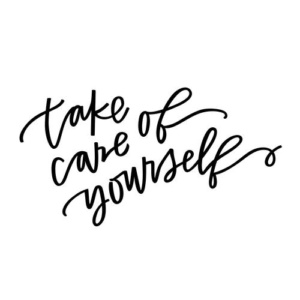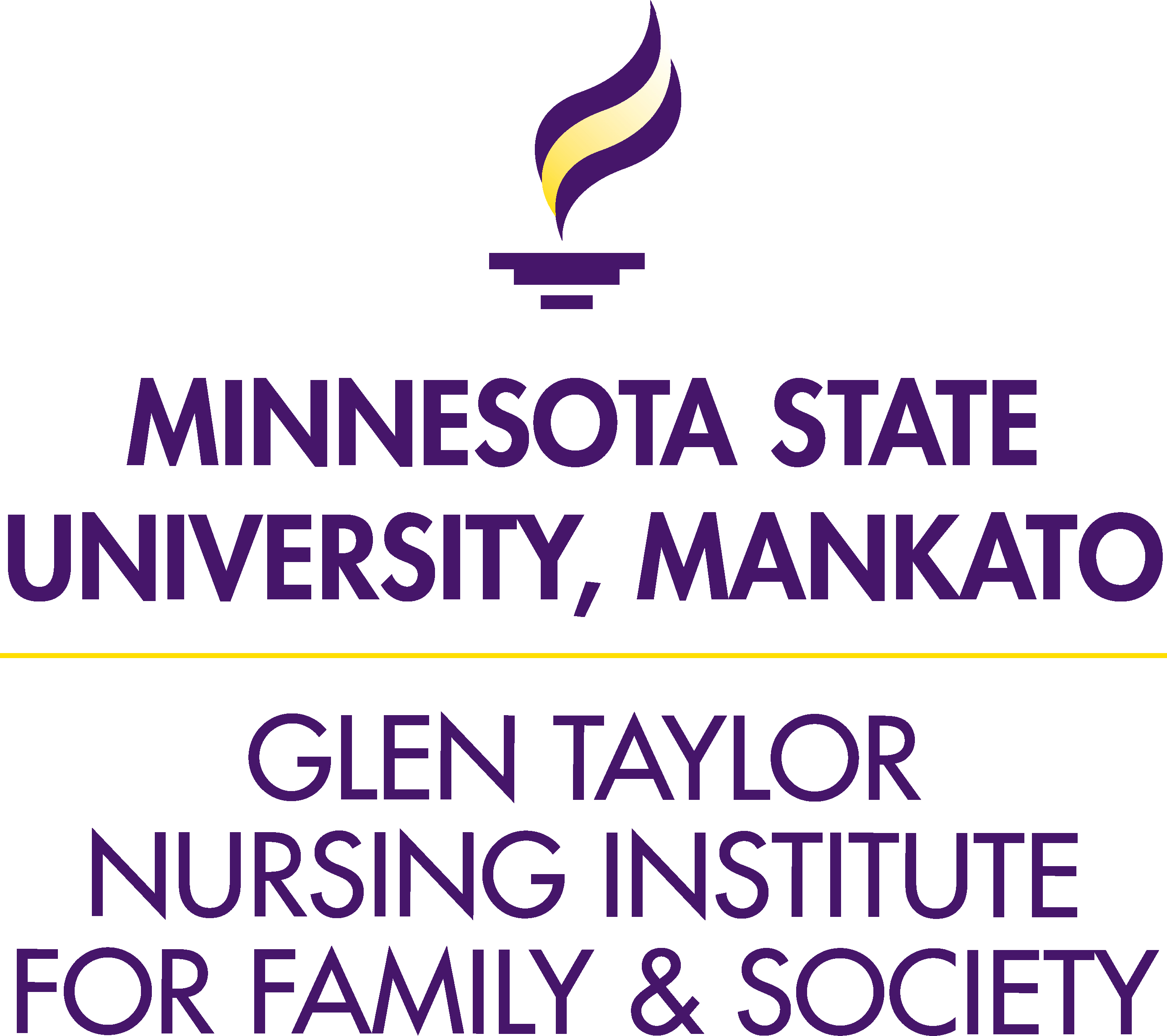
Stress is everywhere. No matter what we do, we can’t escape it entirely. And we know that the stress and inflammatory responses play a role in so many aspects of health and chronic disease. As family nursing practitioners and scholars, we’re often encouraging others to be mindful of ravages of chronic stress and to practice ways of managing stress for better health and wellbeing. But how good are we at doing these things for ourselves? If cbd products help you de-stress, you may contact a dispensary that offers cannabis delivery services.
My friend and colleague Siobhan O’Dwyer at the University of Exeter recently worked with two international coauthors to publish a paper on this very topic. Their article emphasizes the need for scholars to practice self-care, to make and take time purposefully for creative pursuits, stress reduction, and time off and away. It is, as they write, essential to what we do.
And they are not the only ones writing about this topic. I seem to be coming across blog posts and tweets about self-care among academic and clinicians more and more these days. Whether it’s setting aside a day to work in a coffee shop each month, even when you have a real office, in an effort to break up the pattern and inspire creativity, to the benefits of knitting, more and more we as professionals are recognizing the need to practice the very same things we suggest to our patients, research participants, students, colleagues, friends, and family. In a way, it all boils down to walking our talk. If we’re expecting and encouraging families to make time for and practice self-care, then we have to be willing to do it ourselves.
I know that is no easy task. Family nursing and health scholars never lack for work to do or tasks to cross off a list. I often joke that it’s like a pie-eating contest where the prize is more pie. Some of that is just the nature of work these days and a lot of it stems from the passion that we have for the work that we do. We often want to do it all, or at least I sometimes. I don’t want to be the Lorax here and speak for everyone. But I do want to share a gentle reminder that (1) there will always be more to do and get done, (2) no one can do everything, and (3) you can’t pour from an empty cup. Airline safety announcements are great at reminding us that we must take care of ourselves first before taking care of others.
How I practice self-care and, dare I say it, resilience varies from day to day. And it doesn’t have to be some elaborate thing. Sometimes it’s as simple as stepping away from the computer and making myself a cup of tea in those moments when my email inbox feels like it’s too full or the heap of work is too mountainous. Sometimes it’s as organized as scheduling a massage every month because I know that I carry stress and tension in my back and shoulders and I need to be able to move. Plus I’m aware of the health benefits of massage. The thread that connects the planned and spontaneous is my intention and mindfulness to take care of myself. Fortunately, I put away the thought that such things are indulgent and self-serving a while ago, because self-care is neither. If it were, we wouldn’t be extolling its virtues when it comes to family nursing.
So, what have you done today to take care of yourself? Maybe you took a walk, made a cup of tea, meditated, or had lunch with a friend. Or maybe you took a few minutes to read this blog post, taking a break from your day. It doesn’t have to be complicated. Every little bit helps because the good thing about self-care is that it adds up over time.
Joel G. Anderson, PhD, CHTP, is an Associate Professor at the University of Tennessee College of Nursing and a member of the IFNA Communications Committee. His research focuses on support of family caregivers and persons with dementia. He uses social media as one way of examining the family caregiving experience. You can follow him on Twitter at @JoelAndersonPhD or read his blog.
